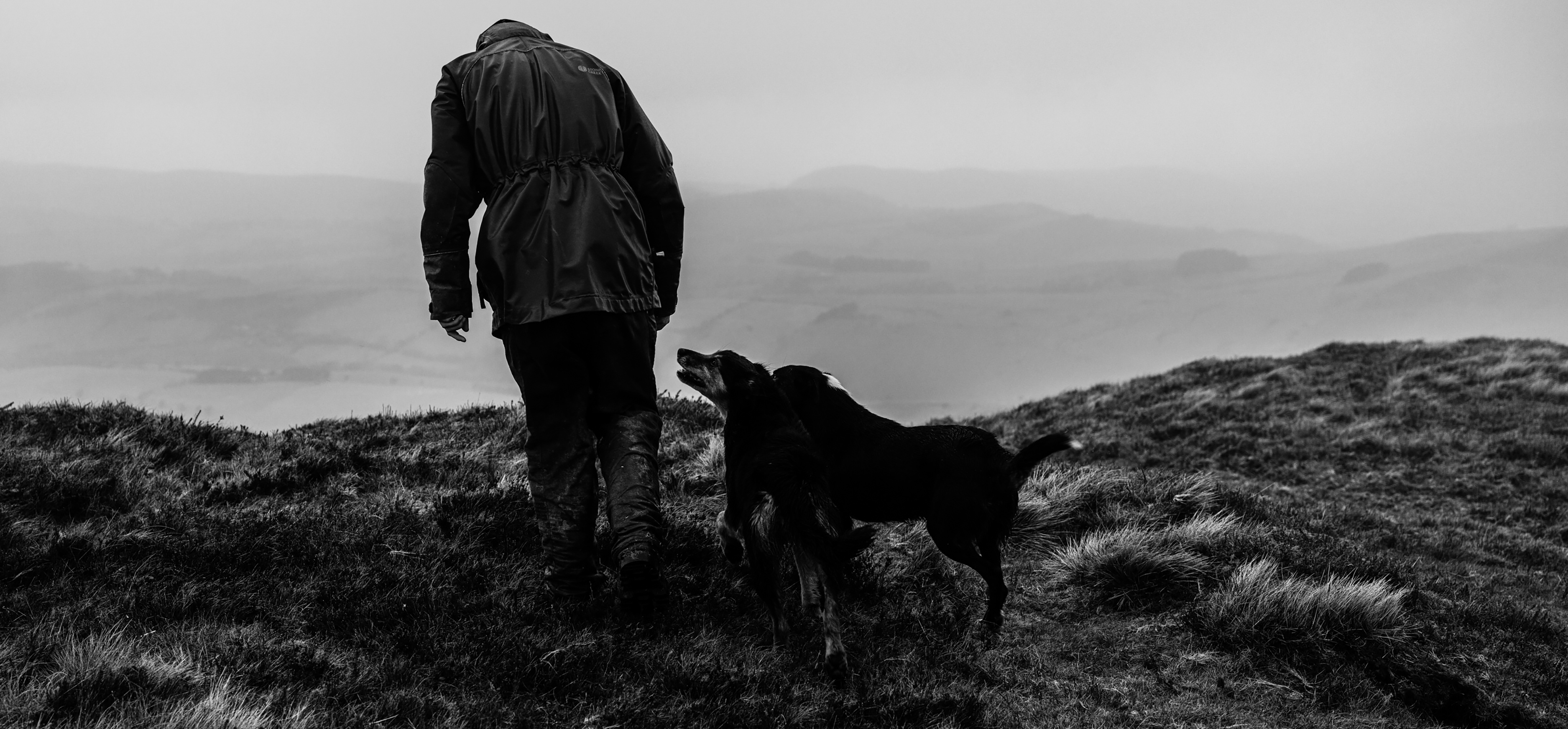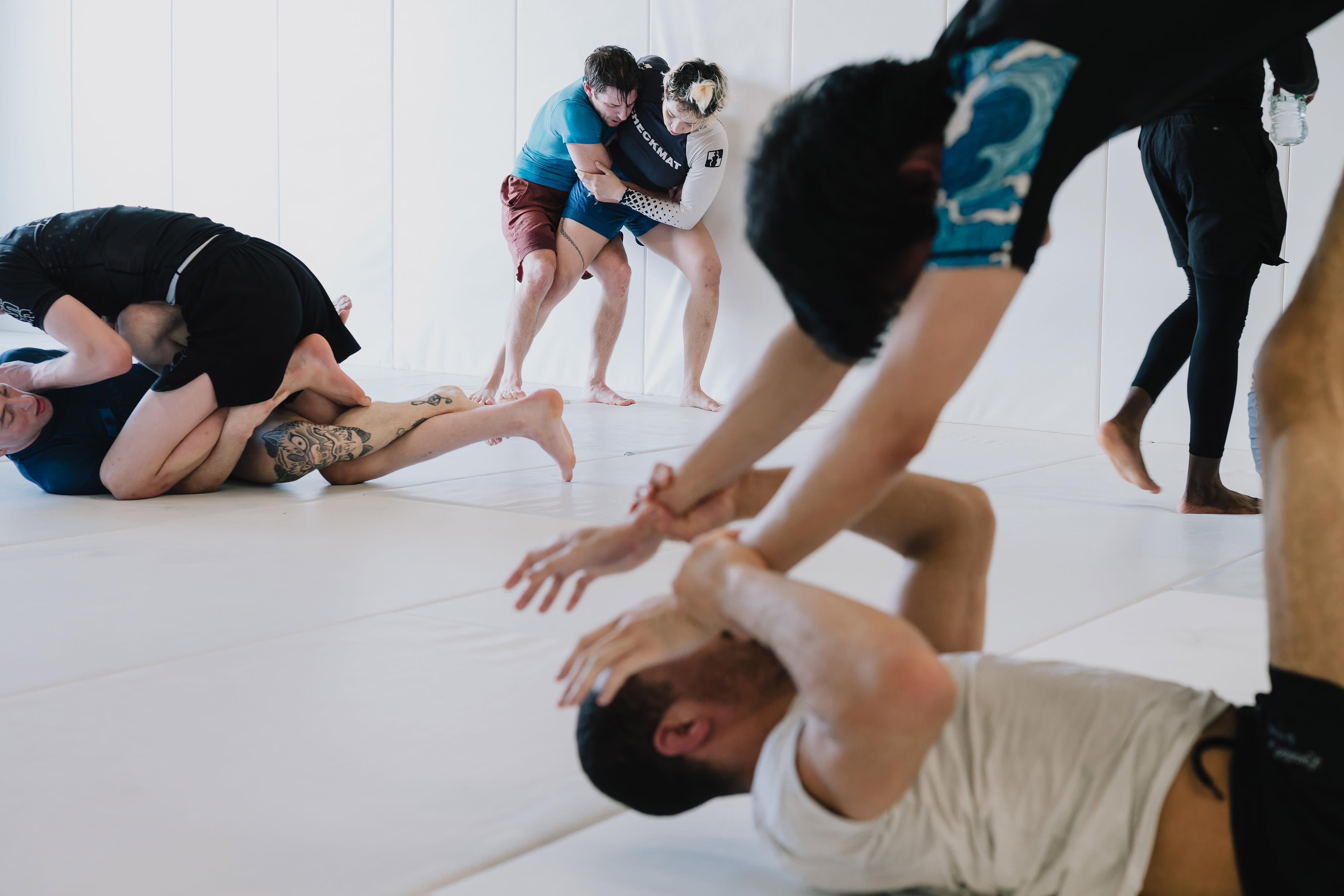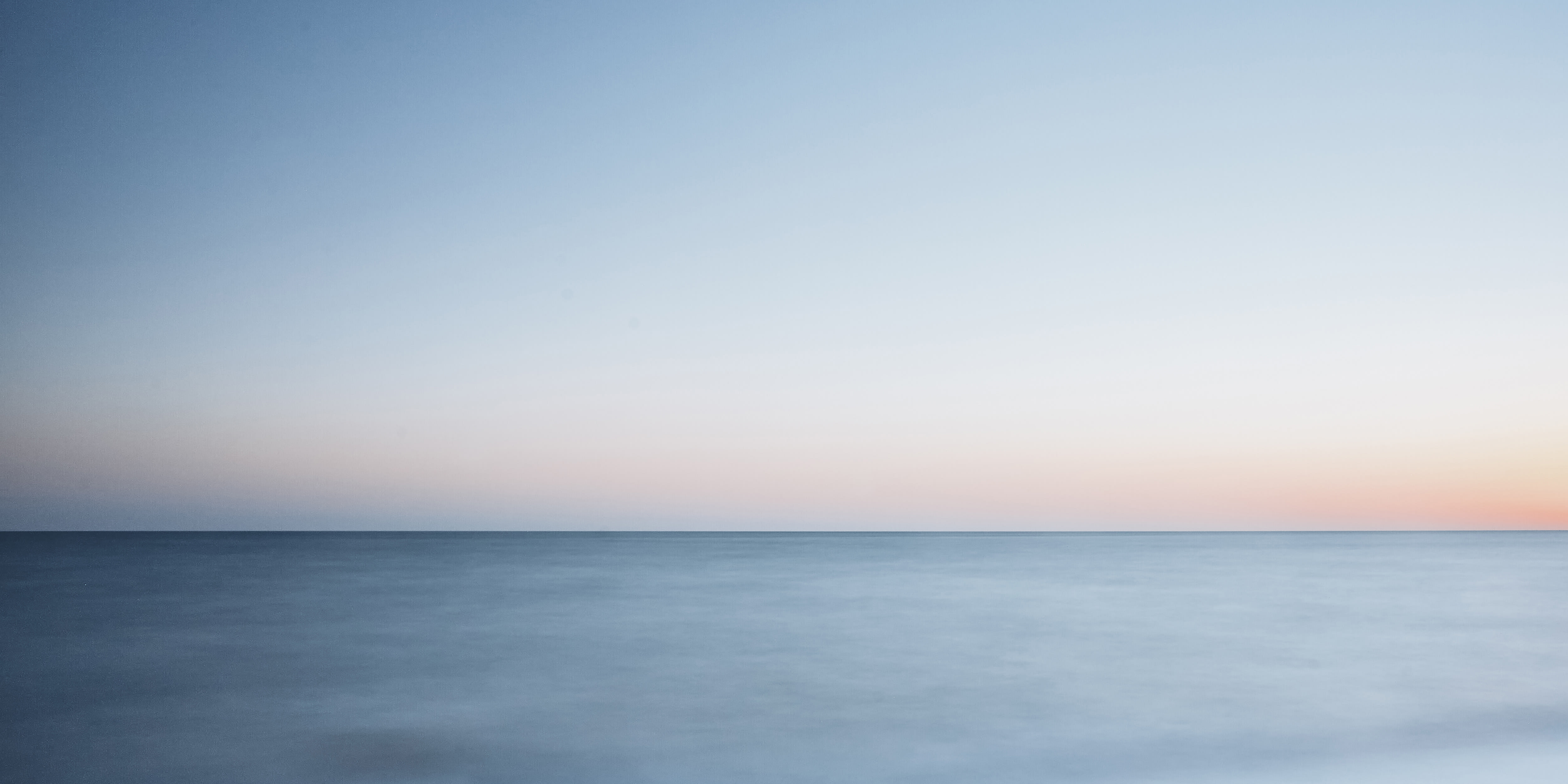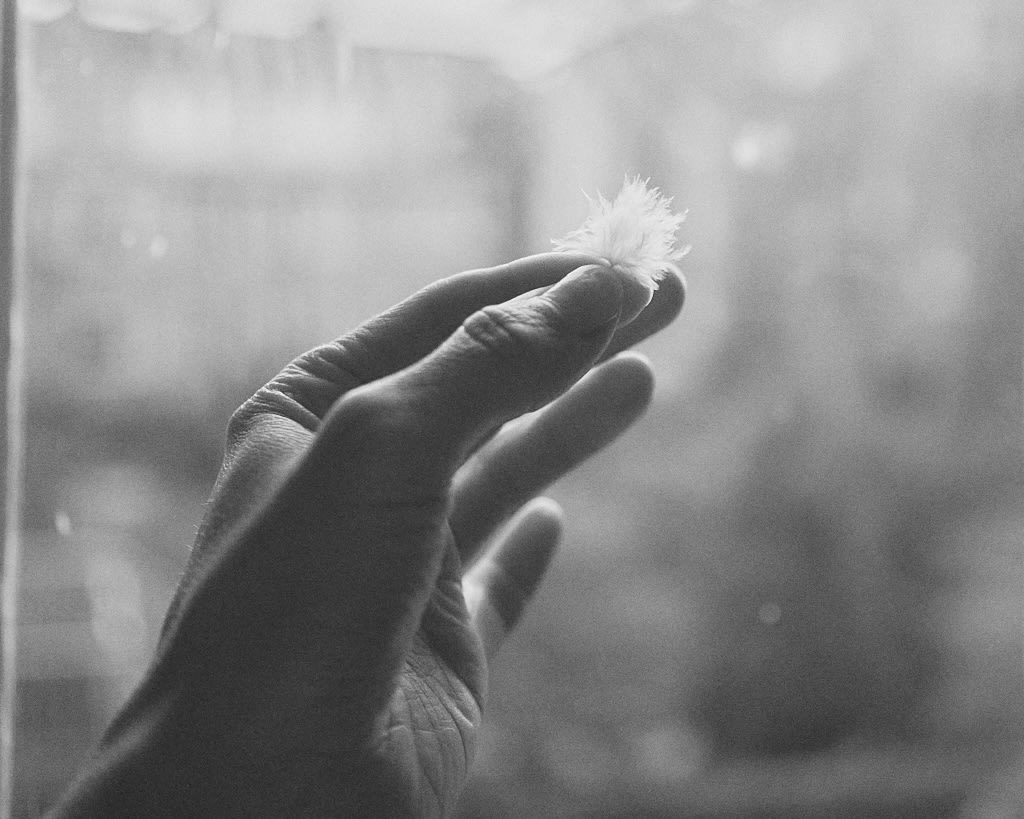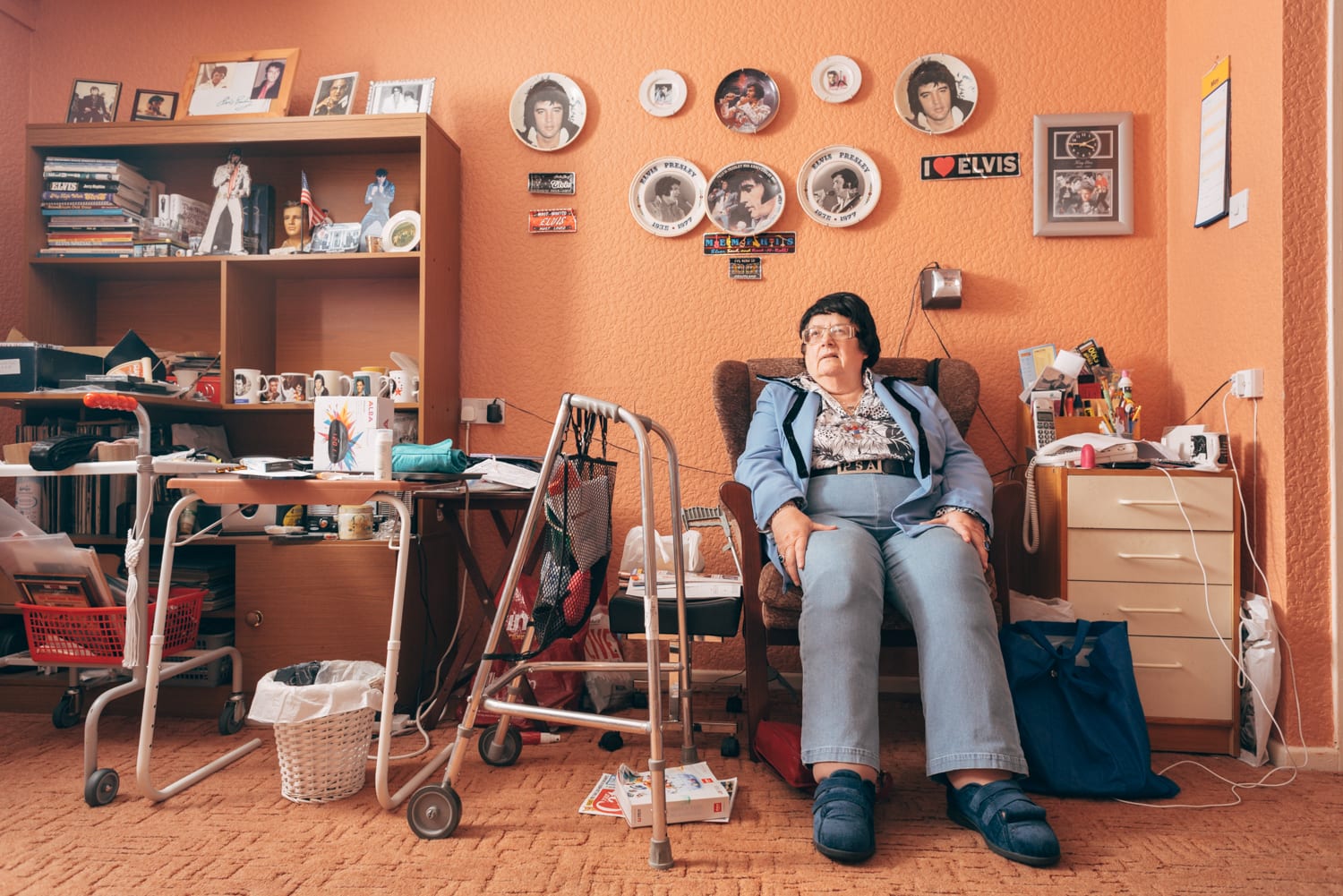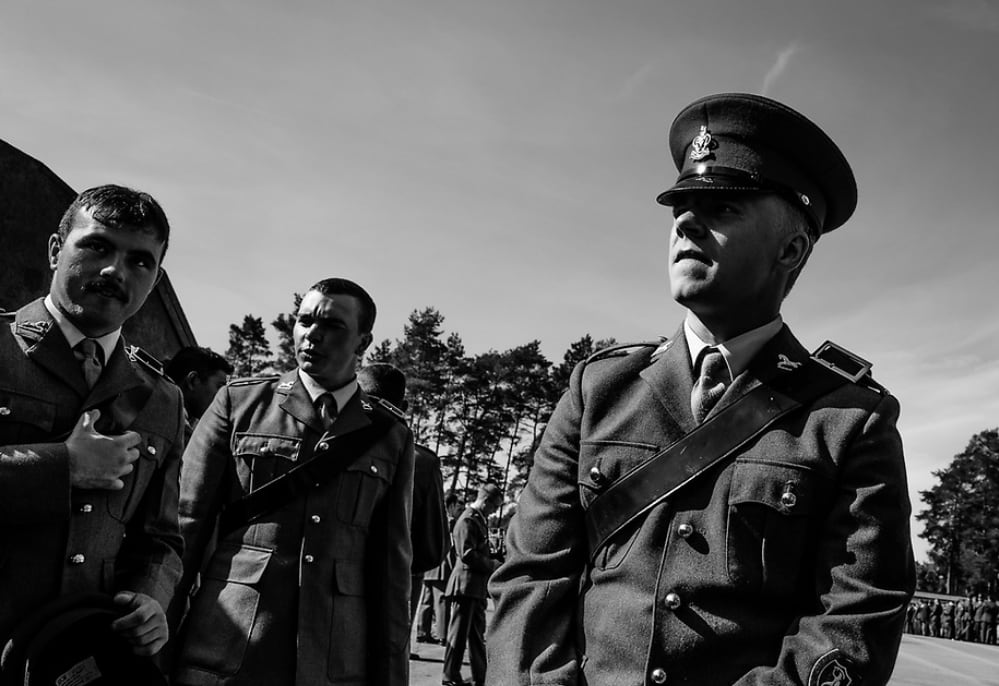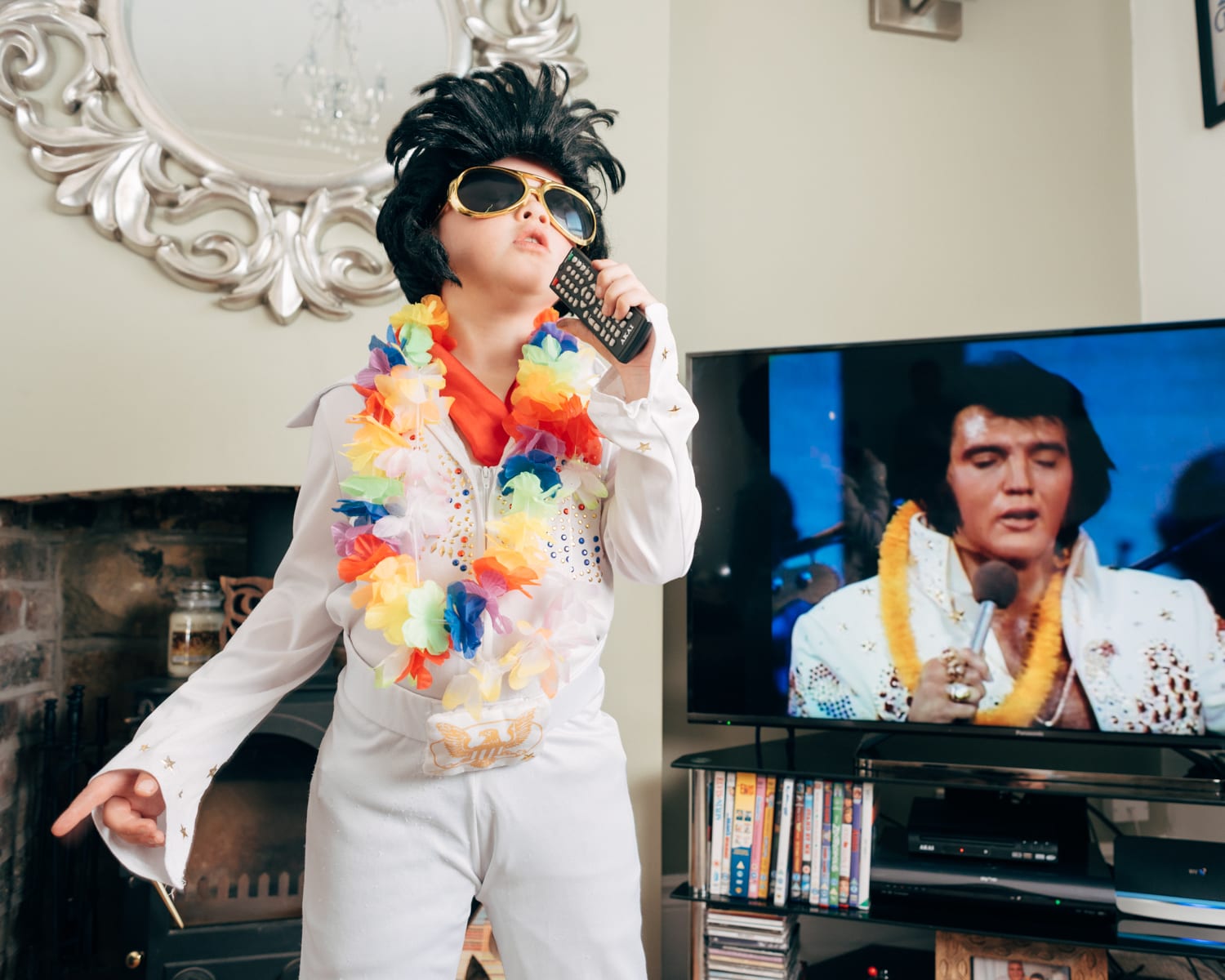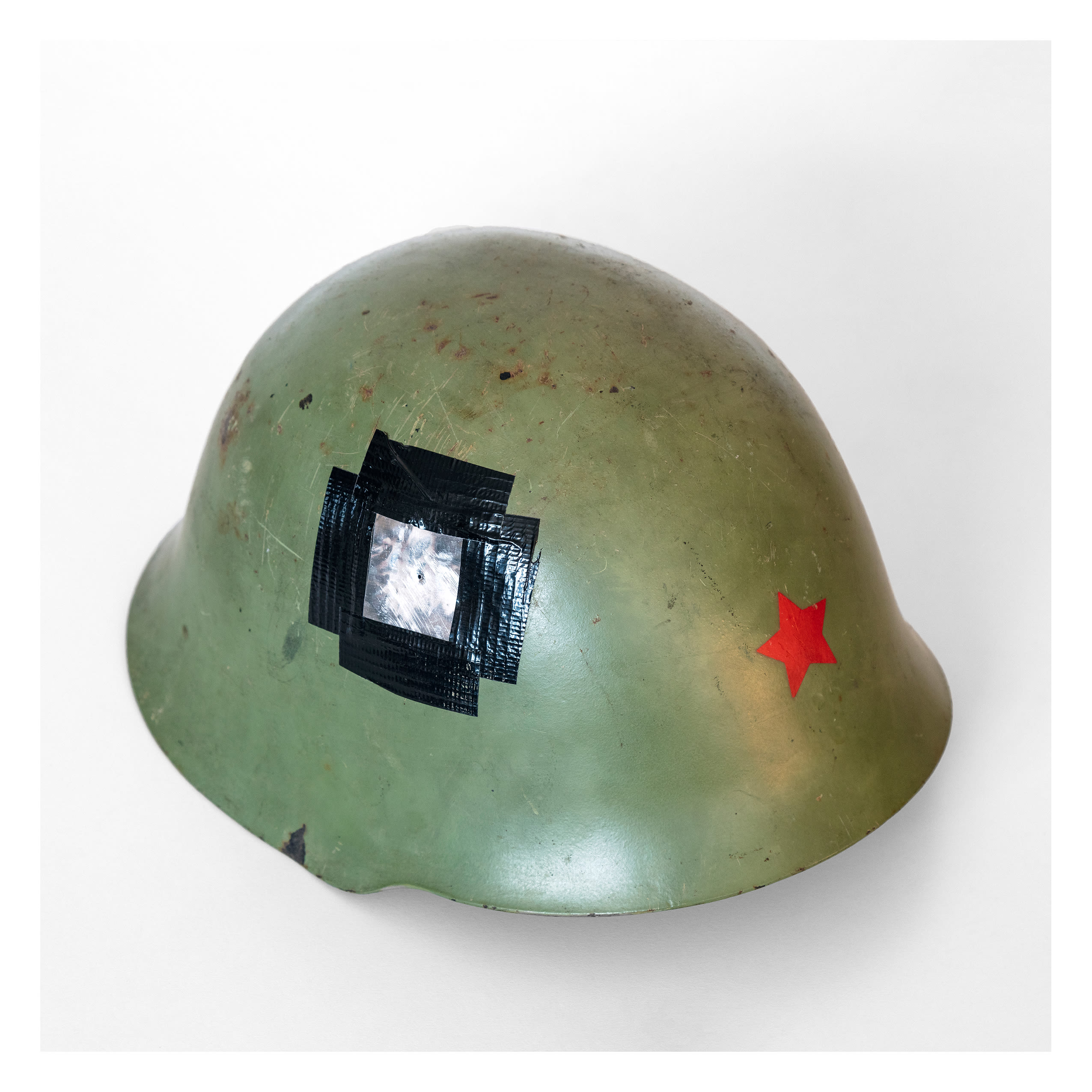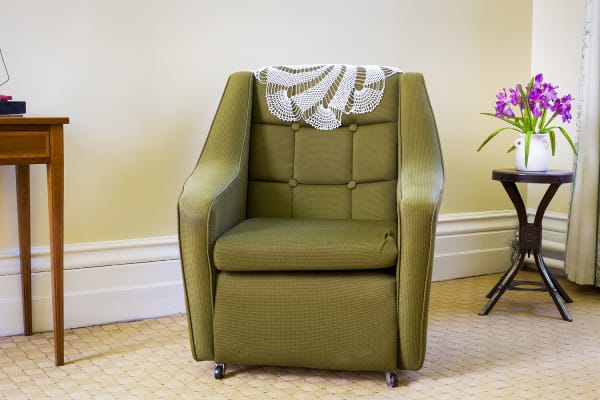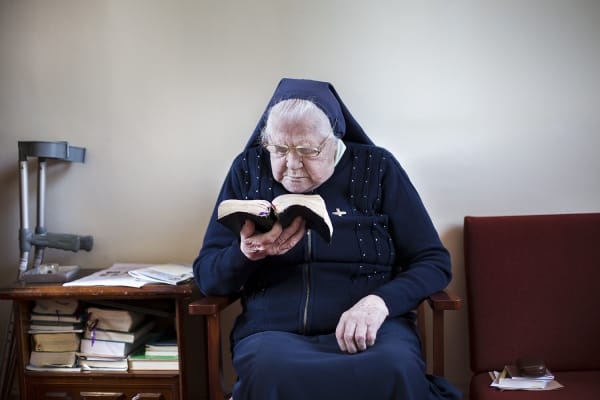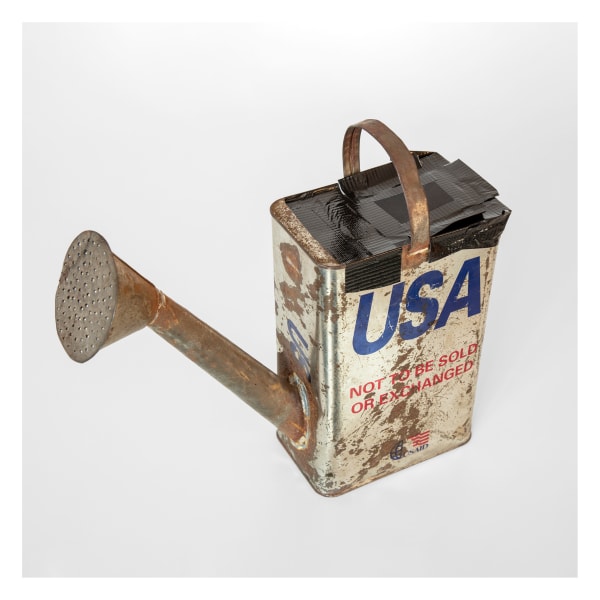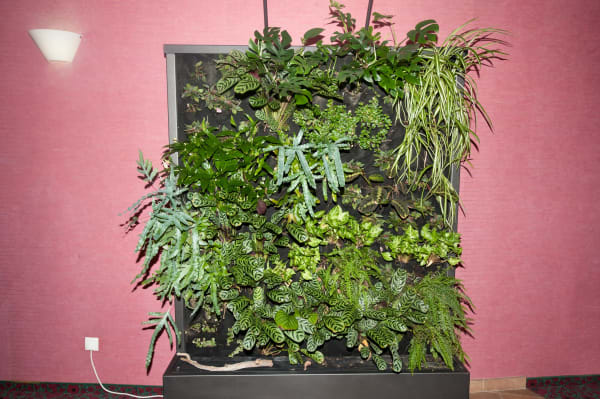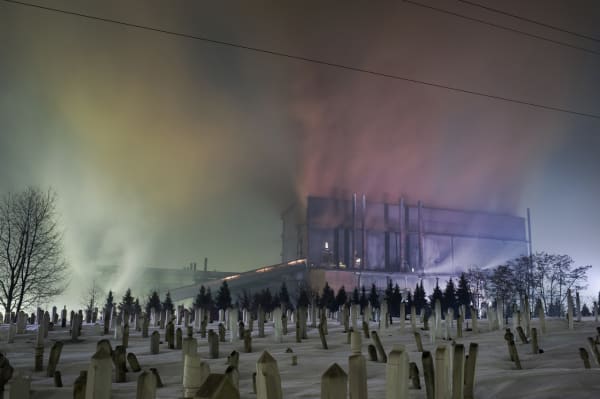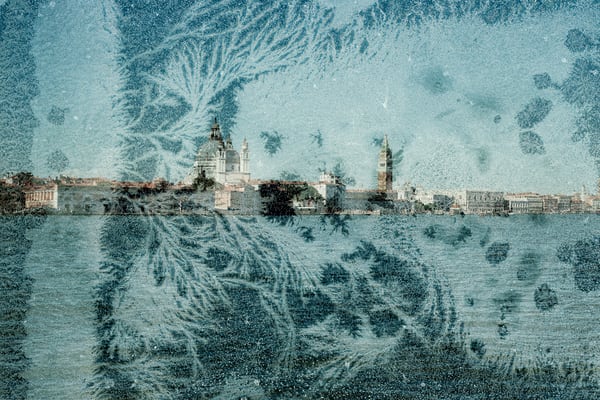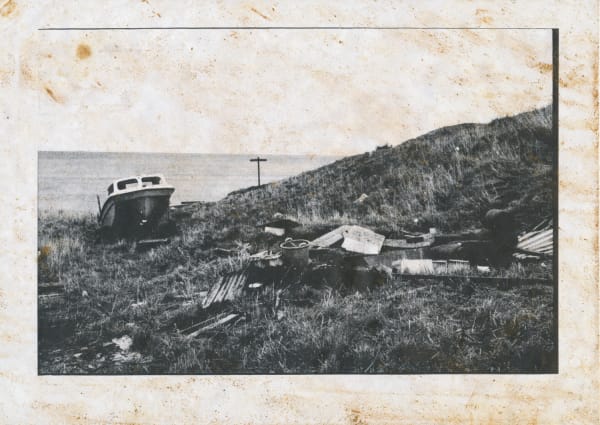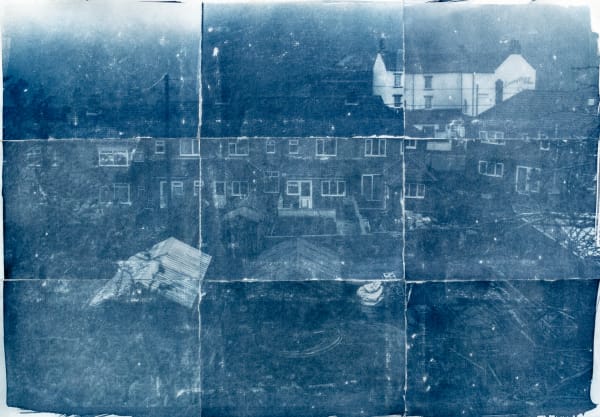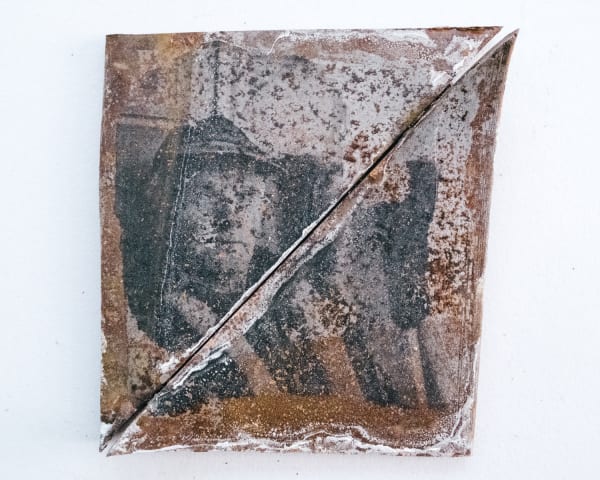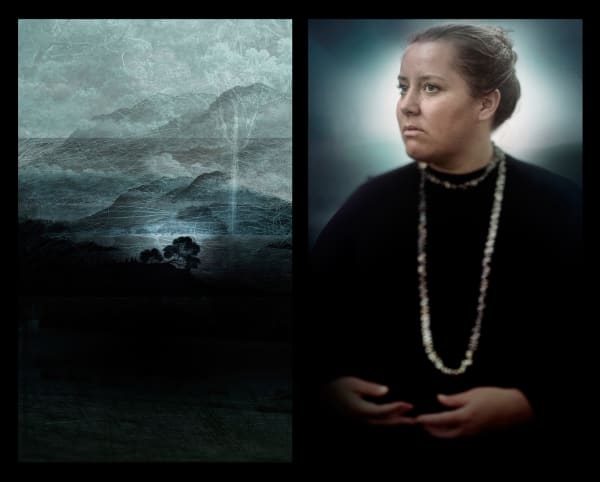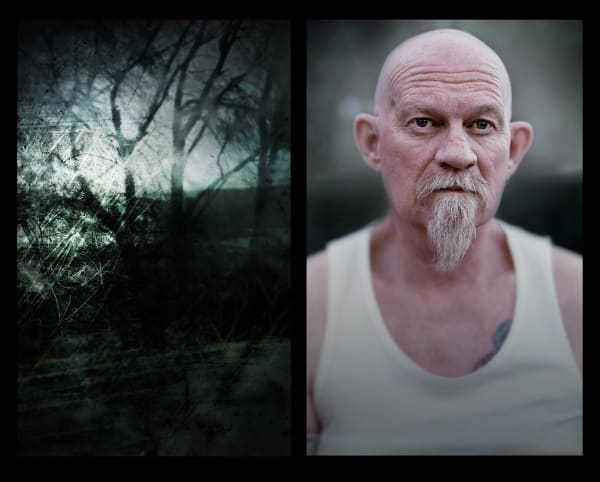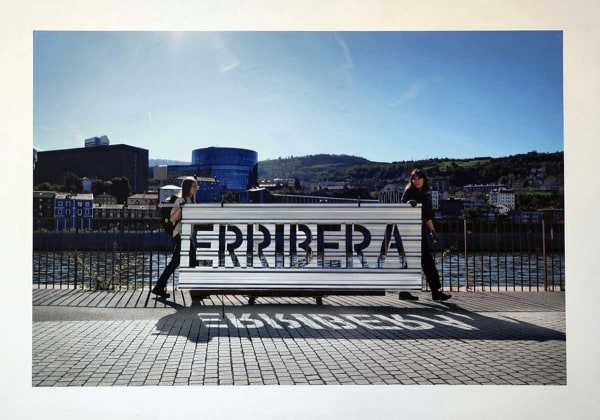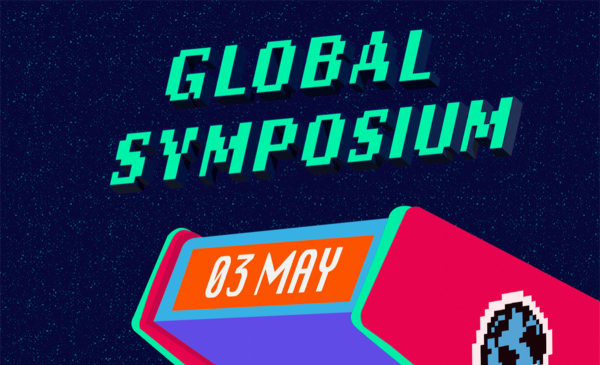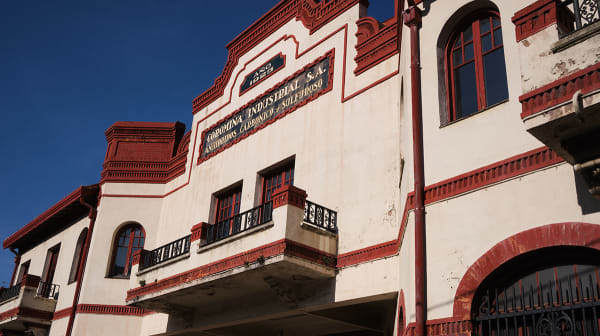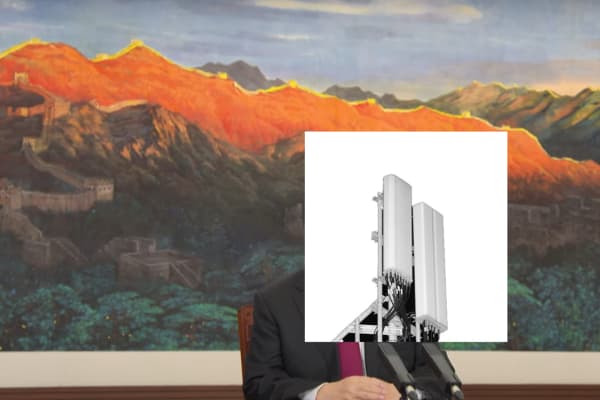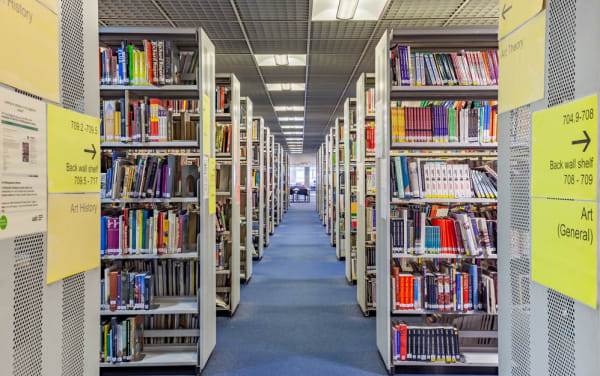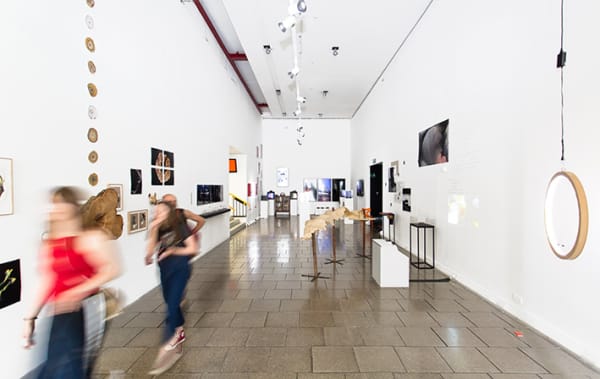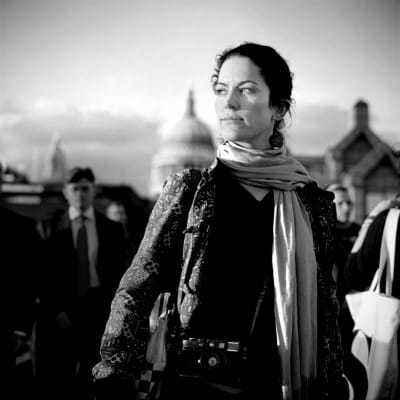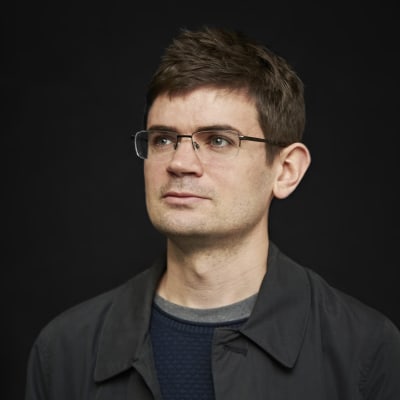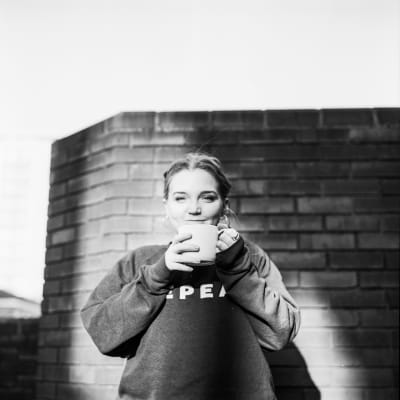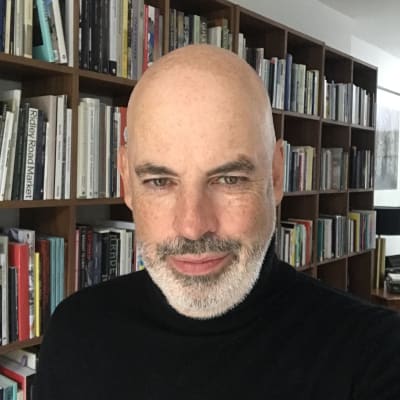Course units
We are committed to ensuring that your skills are set within an ethical framework and have embedded UAL’s Principles for Climate, Racial and Social Justice into this course.
Year 1
Photojournalism and Documentary Practice (40 credits)
In Photojournalism and Documentary Practice, you will examine the theoretical, methodological and practical frameworks necessary for the research and production of successful photo and multi-media essays.
The unit explores the technical, aesthetic and journalistic aspects of the photo essay, including the generation of ideas, research, image making, picture editing and caption writing. Particular emphasis will be placed on the development and production of still images and/or multimedia stories, and students will be encouraged to develop their stories with an acute awareness of the broad and rapidly changing media industry.
Histories and Theories of Photojournalism and Documentary Photography (20 credits)
This unit traces and analyses the development and historical context of photojournalism and documentary photography, identifying important practitioners and movements. This knowledge will support your ability to work ethically and make a positive contribution to future history.
Collaborative Unit (20 credits)
The Collaborative Unit offers a unique opportunity to collaborate with external organisations and practitioners. Working to real-time briefs, this unit equips you with new methods of working, which will be invaluable post-graduation.
Rethink (20 credits)
Rethink further develops your knowledge of the methodology of documentary and photojournalistic production, culminating in the production of larger scale photo essays, series or installations. This is underpinned by an emphasis on research principles, strategies and methods.
Year 2
Rethink (20 credits) continued
Research Project (20 credits)
The Research Project will consolidate your ideas for the Major Project in terms of your ethical approach, your theoretical and contextual framework, and your visual strategy. There are different options for submission, including academic essay, image-text and video essay.
Major Project (60 credits)
The final phase of the course aims to consolidate your learning experience during the previous units through the completion of a Major Project. This will involve both the production of a major body of documentary/photojournalistic work and a related critical report. You’ll be expected to apply the methodologies developed on the course and demonstrate evidence of a mature and considered personal vision.
The final form of the work is flexible. Previous students have presented their work in the form of a book dummy or an exhibition, immersive website, a portfolio of images as prints, multimedia presentation or as a film. Your related report must reflect academic rigour and a critical approach to the finished work.
The hallmark of our graduates is their ability to combine the personal with the political, in order that their stories touch their intended audience. You will work to refine a sensitive, ethically-minded, inclusive, passionate and intellectually rigorous body of work that demands to be seen.
If you are unable to continue or decide to exit the course, there are two possible exit awards:
A Postgraduate Certificate will be awarded on successful completion of the first 60 credits and a Postgraduate Diploma will be awarded on successful completion of the first 120 credits.
